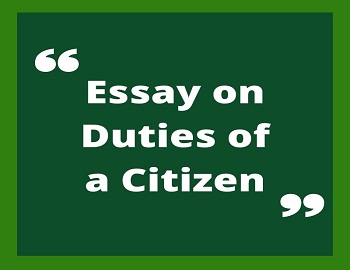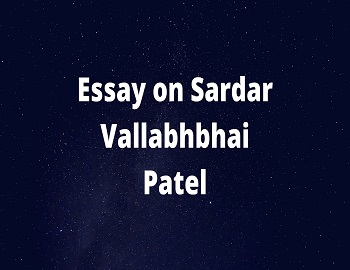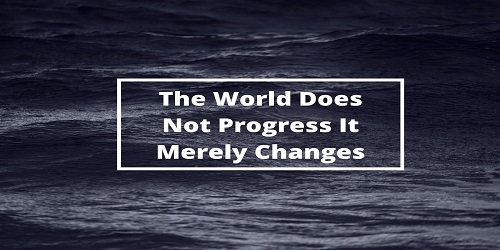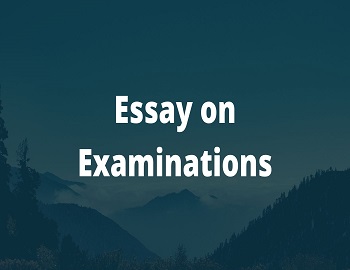Essay on Duties of a Citizen:
It is an admitted fact today that every citizen has some rights and responsibilities. Rights and responsibilities go together. The Indian Constitution had an article detailing the fundamental rights of citizens. But the Constitution was amended some time back to include their responsibilities also. Today it is universally admitted that a state exists for the good of its citizens, and the citizens, on their part, owe some responsibilities to the state.
As regards rights, a citizen of a democratic state enjoys double rights- civil as well as political. Civil rights enable him to enjoy the freedom of speech, movement, action and conscience. He can worship according to his own likes. He can form associations to protect his rights. He has the right to own private property. In communist countries, many of the rights are denied to their citizens. A citizen can claim the general protection of law irrespective of age or sex, caste or creed. In a democracy, a citizen enjoys full freedom to express an opinion and work according to his conscience. His political rights consist of his rights of voting and freedom to choose his representatives for Parliament and Assemblies. The political rights can, however, be enjoyed by him subject to certain restrictions like age, etc.
But rights have no meaning without corresponding responsibilities. The first and foremost duty of a citizen is to see that nothing is done which brings a blot on the fair name of the country of his birth or an option. The love of his country must be uppermost in his heart, without hating other countries of course. He must ever remain loyal to her, and be ready to sacrifice everything for her sake at the time of crisis. He should not hesitate to lay down his life even for the defence and honour of his country.
Another great duty of a citizen is to work for the good of his people. He should enjoy his personal and private liberties in such a way that the liberties of other people are not interfered with. Every citizen owes to his country unconditional service and obedience. He should not do anything which may endanger the social, moral or hygienic condition of the people.
In addition to the above, a citizen must help the state in maintaining law and order. He maintains discipline and also exhorts others to maintain it. In no case does he take the law into his own hand. If some laws are unjust, harsh or imperfect, he can have them modified or repealed through constitutional methods only.
A citizen should pay due taxes. The tax dodgers, black marketers, boarders, smugglers and other anti-social elements should be brought to book. Here a citizen has a moral duty to help the state. He must willingly pay taxes that are needed for the administration and defence of the state. Of course, he has a right to protest against unjust and inequitable taxation.
Perhaps the greatest duty of a citizen is to take a keen interest in the political affairs of his country. He has to make wise use of his voting power and place honest, intelligent and patriotic men at the helm of state affairs. He can work for social, political and economic reforms.
In short, a citizen has both rights and duties. It is only by the judicious combination of these two that inequity and social injustice can be banished evils and wrongs can be eradicated and the best interest of the state safeguarded.









Comments (No)